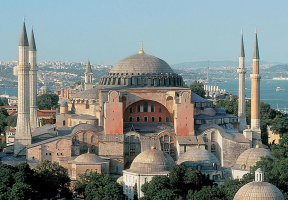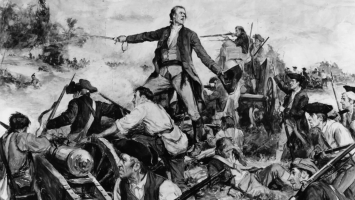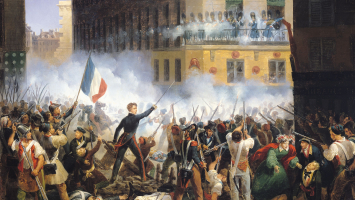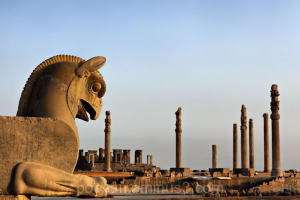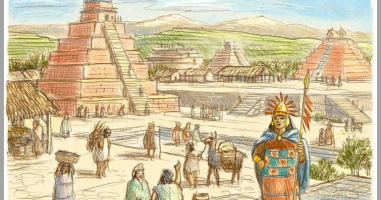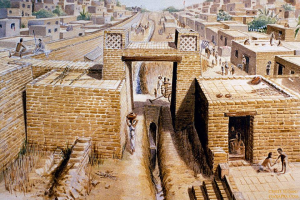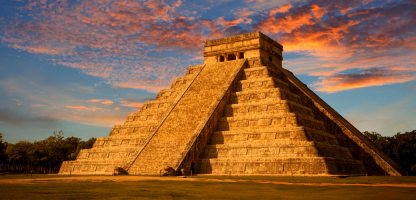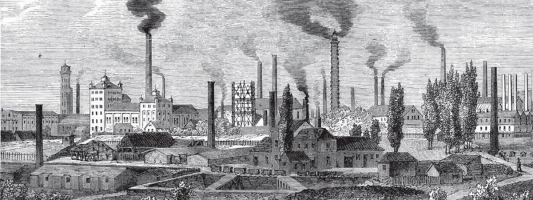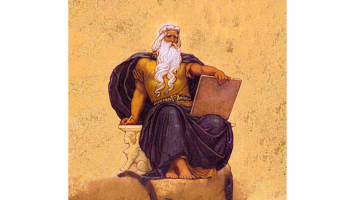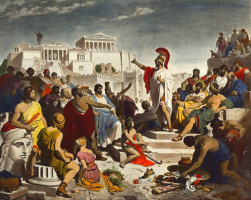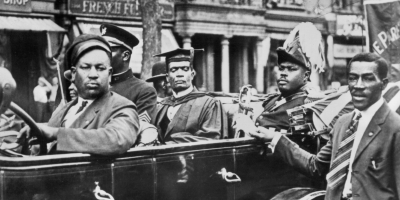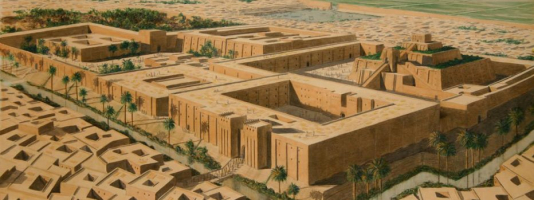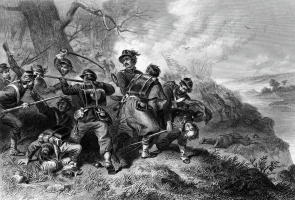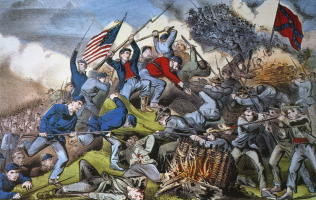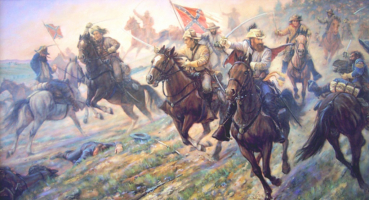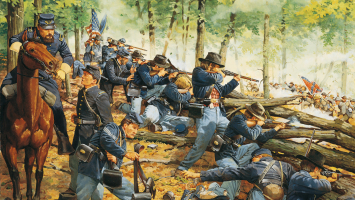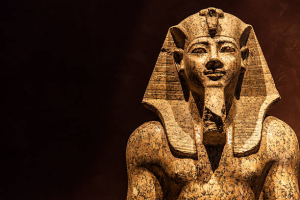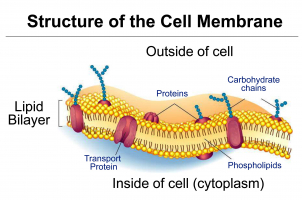Top 10 Surprising Facts About the French Empire
French society underwent significant political and social transformations throughout the course of this lengthy period, developments that reverberated ... read more...throughout Europe and the rest of the world. The history of the French Empire contains traces of many political currents that swept the globe in the 19th and 20th centuries, including our contemporary notions of liberty, freedom, revolution, and nationalism. In many ways, despite fierce, frequently well-armed opposition from the previous one, France is where the modern age began.
-
It is now obvious how significantly the French Revolution affected the history of the French Empire. Given that France only attained the pinnacle of her imperial power in the years immediately following the revolution, it may be said that this is the history of the French Empire.
On the other side, the execution of Louis XVI by the guillotine in January 1793 served as a major catalyst for the 1789 revolution, which also strengthened the forces of royalty and royalism. The Reign of Terror, the government of France's bloodiest period up to that point, resulted from the event's further radicalization of a portion of the government that was already extremist.
For conduct, they believed to be opposed to the revolution, the Robespierrists, a violent Jacobin party inside the National Assembly, murdered more than 40,000 people without a trial starting in September. Although precise figures are difficult to ascertain because of the conflict's fog of war, between 300,000 and 500,000 people were detained throughout Paris.
It continues to be one of the most contentious episodes in French history and revolutionary ideology, and it would significantly influence events in France and the rest of Europe in the ensuing decades. For starters, it would severely diminish the French Revolution's appeal among the more conservative segments of European society by associating pictures of slaughter and heinous murder with its comparatively egalitarian and progressive beliefs.Date: 5 September 1793 - 27 July 1794
Location: First French Republic
Organised by: Committee of Public Safety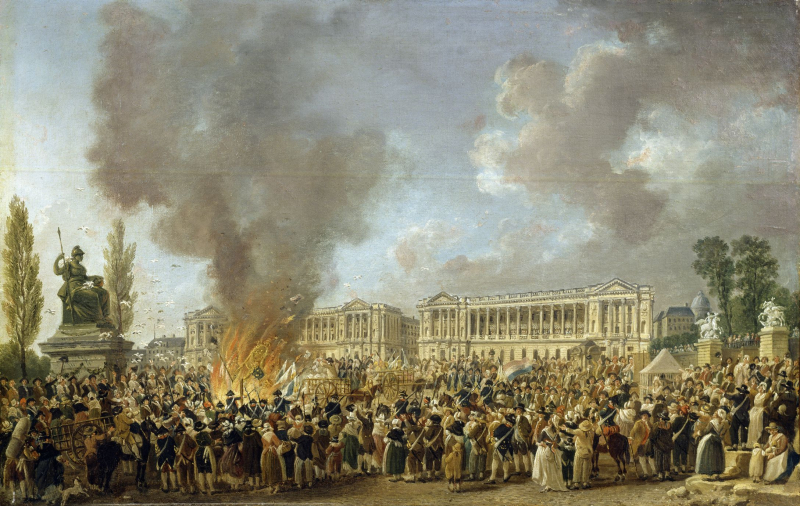
https://www.thoughtco.com/ 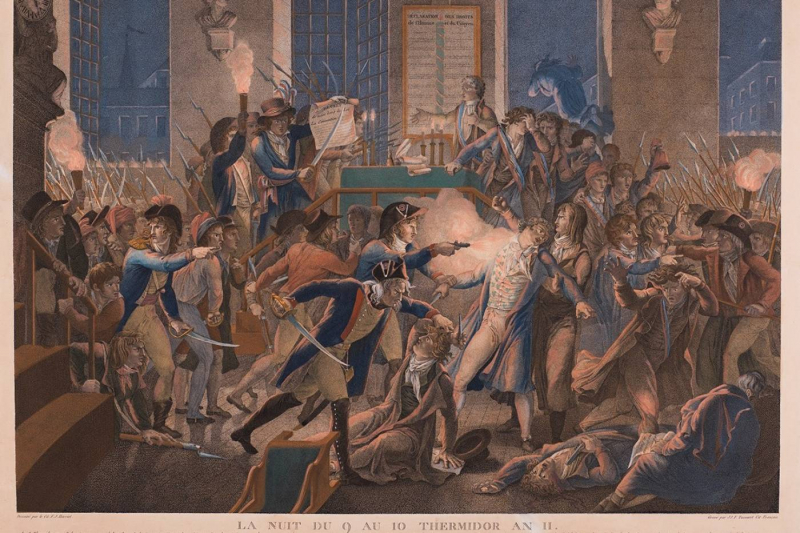
https://www.ucl.ac.uk/ -
The Haitian uprising, which is currently regarded as the only historically successful slave insurrection, was a significant development for colonial and revolutionary forces all over the world. It was one of the French empire's longest wars, lasting from August 1791 through January 1804.
The fact that slavery and colonialism were considered incompatible with the revolution's principles and outlawed in France while being widely practiced for labor and profit in the American colonies made it the ideal illustration of the inherent contradictions in revolutionary French society. It was a particularly strange situation for the Haitians.
Whatever the case, the uprising was based on essentially the same tenets: liberty for all, the separation of church and state, land reform for the general benefit, and religious freedom. It's debatable whether such objectives were eventually accomplished, but at least they tried, much as the French Revolution that served as its model and ultimately failed and gave rise to an even more authoritarian monarchy of the Bonapartists.
Date; 21 August 1791 – 1 January 1804(12 years, 4 months, 1 week and 4 days)
Location: Saint-Domingue
Result: Haitian victory- French colonial government expelled
- Massacre of the French
Territorial changes: Independent Empire of Haiti established
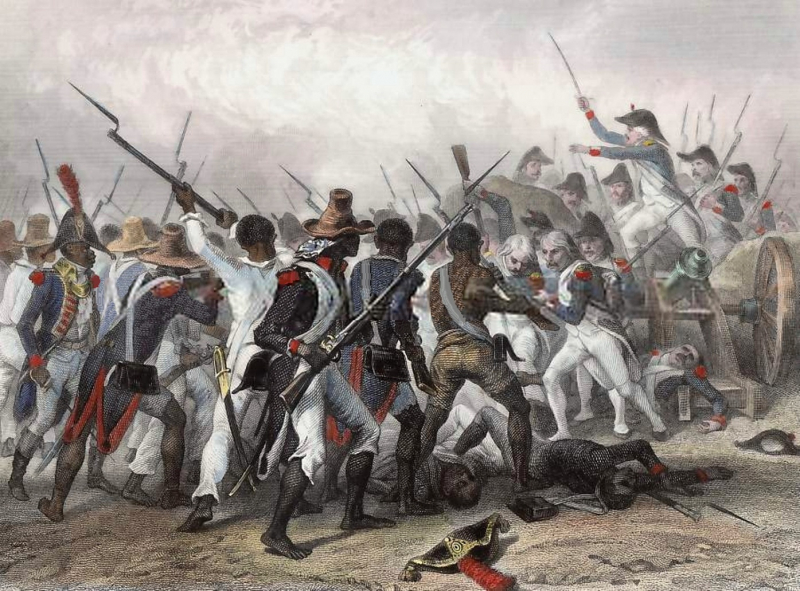
https://atlantablackstar.com 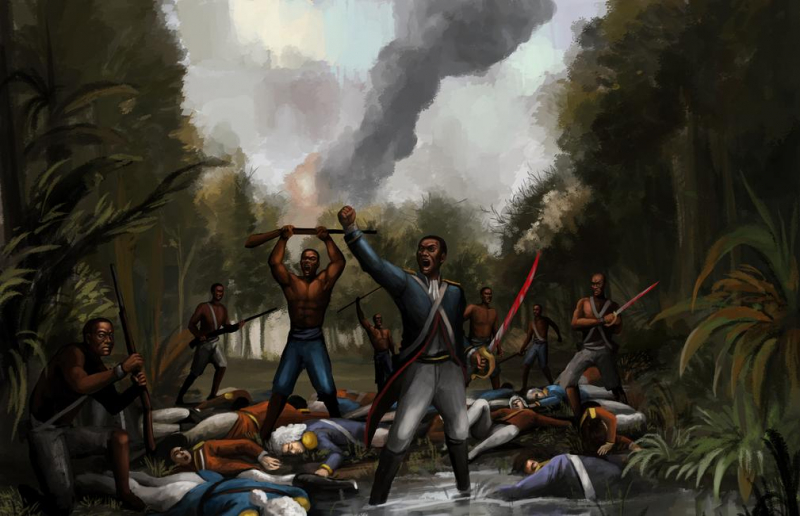
https://www.pushitfwd.com - French colonial government expelled
-
The Vendée rebellion was a particularly harsh period of France's immediately after revolution. At the time, historians divided it into two categories: revolution and counter-revolution. However, as time has passed, we now understand that it was far more complex than that. The majority of the insurgent populace identified as Catholic, royalist, conservative, and in favor of the monarchy's restoration. The local petty bourgeoisie, including priests, administrators, military commanders, and others, as well as working-class individuals with unique ideas of freedom, were also fully represented.
Since the beginnings of the French Revolution in 1789, the threat of counter-revolution had been an element of revolutionary philosophy. The Vendée rebellion was the first coordinated counterrevolutionary attempt to reclaim France, blurring the distinction between popular revolt and revolution because in this instance, popular feeling favoured the restoration of the Ancien Régime.
Many theories have been proposed by historians to explain it, notably the Vendée's predominately Catholic and conservative populace. Whatever the reasons, the insurrection lasted from 1793 to 1796 and saw some of the most terrible assaults against civilians in post-revolutionary France. The revolt had swiftly escalated into full-fledged warfare.
Various estimates suggest that between 117,000 and 200,000 individuals perished during this conflict. The majority of them were also civilians, and the Vendée region was rife with incidents of rape, torture, summary executions, and purposeful destruction of civilian property.Date: 3 March 1793 – 16 July 1796
Location: Western France : Maine-et-Loire, Vendée, Loire-Atlantique, Deux-Sèvres (or former provinces of Anjou, Poitou, Brittany)
Result: French Republican victory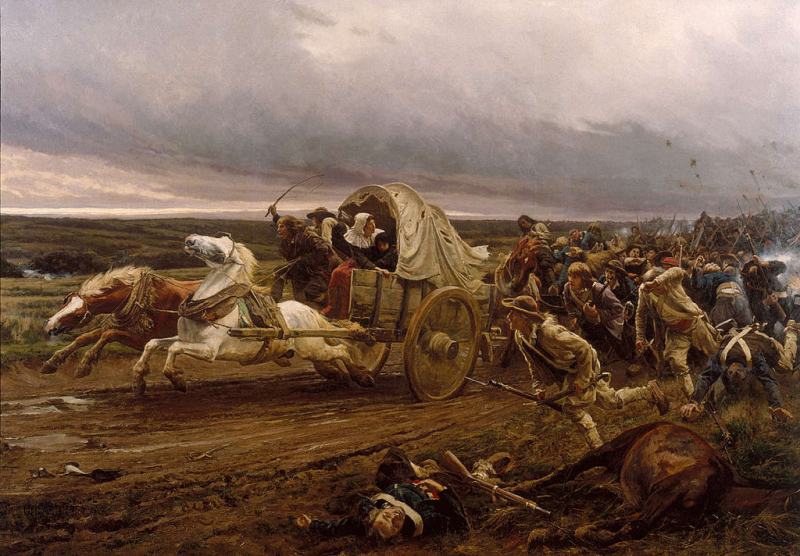
https://www.thepostil.com/ 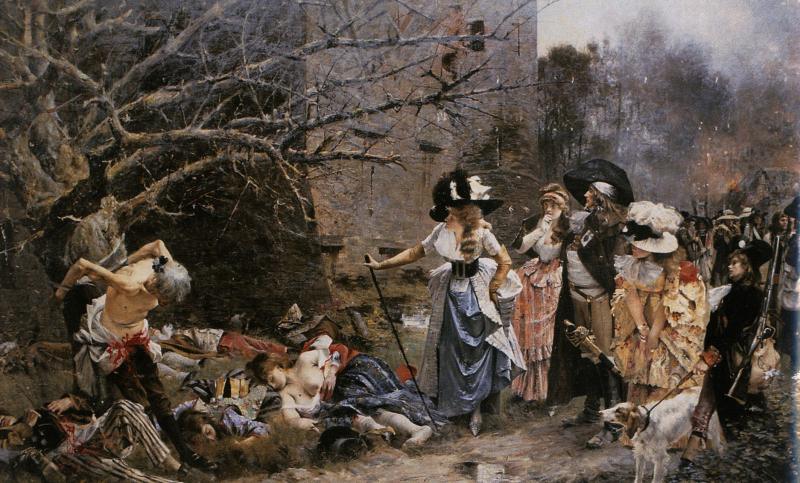
https://www.pinterest.de/ -
While the French Revolution of 1789 made significant strides toward the abolition of feudalism, its impact on the emancipation of the most oppressed segments of the French populace was dubious. Given that it did little to improve living conditions for the rapidly expanding working class during the Industrial Revolution, many later philosophers saw it as the end of feudalism and the start of industrial-era capitalism.
Nearly a century later, the Paris Commune of 1871 represented a different attempt that would be finally and brutally put down. It was begun by members of the National guard, a corps made up primarily of workers protecting the city, soon after Prussian forces had besieged Paris in 1870–1871; it lasted for two months before being put down by royalist forces. Along with various additional harsh actions against revolutionaries and other resistance groups in Paris, some estimates place the death toll at about 20,000.
Date: 18 March – 28 May 1871(2 months, 1 week and 3 days)
Location: Paris, France
Result: Revolt suppressed
Disbanding the Second National Guard by the French government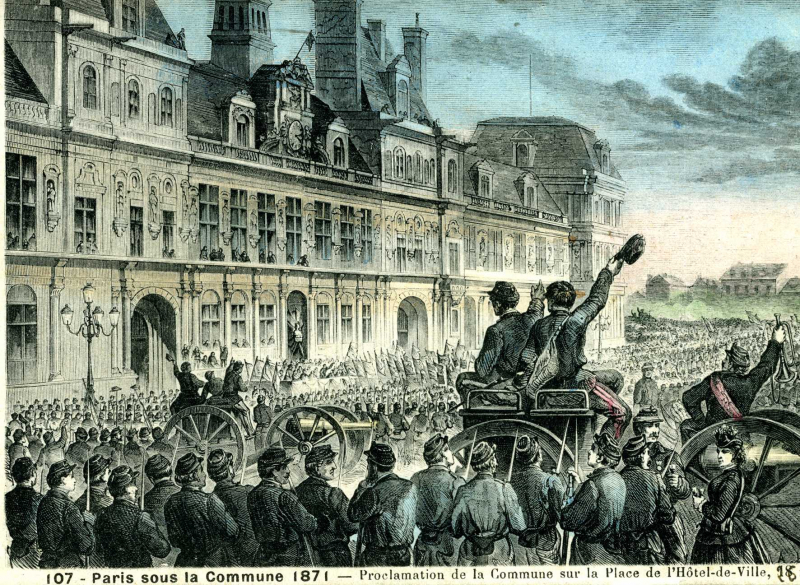
http://quefaire.paris.fr 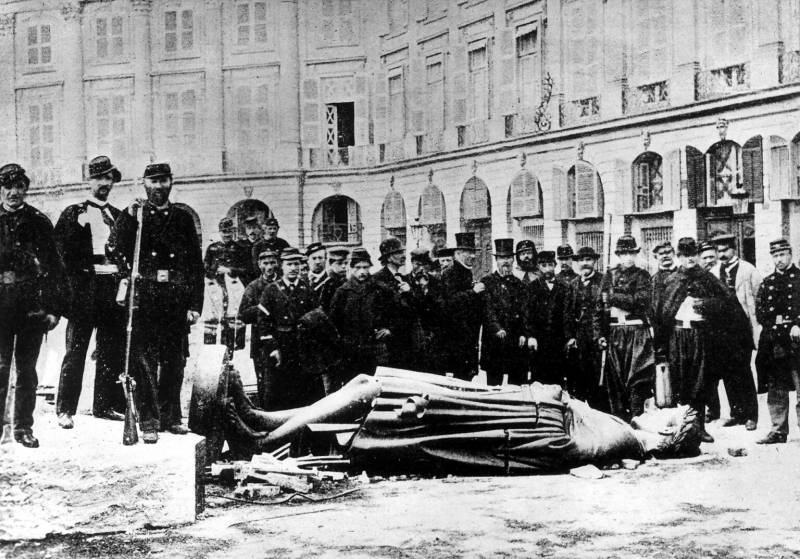
https://rosalux-geneva.org/ -
Though this interpretation is flawed on many levels, we frequently draw comparisons between the French invasion of Russia and Hitler's disastrous Operation Barbarossa in the Soviet Union. Most crucially, despite being nonetheless French, nationalistic, and occasionally quite violent, Napoleon's wars were not at all ideologically or politically motivated by the same goals as the Nazis. These analogies are fallacious in many ways because Napoleon battled a different, monarchist Russia that was significantly less powerful than the Soviet war machine.
However, they did share the war's ultimate result, which was the invasion force's total destruction. Due to terrible roads, bad weather, and a large operation by Russian forces to destroy everything in their retreat back into the interior, Napoleon's Grande Armée fell similarly to Hitler's and also in a similar manner. Napoleon lost more than 300,000 of the 500,000 troops he had in the entire campaign, despite his exceptional brilliance on the battlefield back in Europe. This resulted in his defeat and first exile to the Mediterranean island of Elba.
Date: 24 June – 14 December 1812(5 months, 2 weeks and 6 days)
Location: Eastern Europe
Result: Russian victory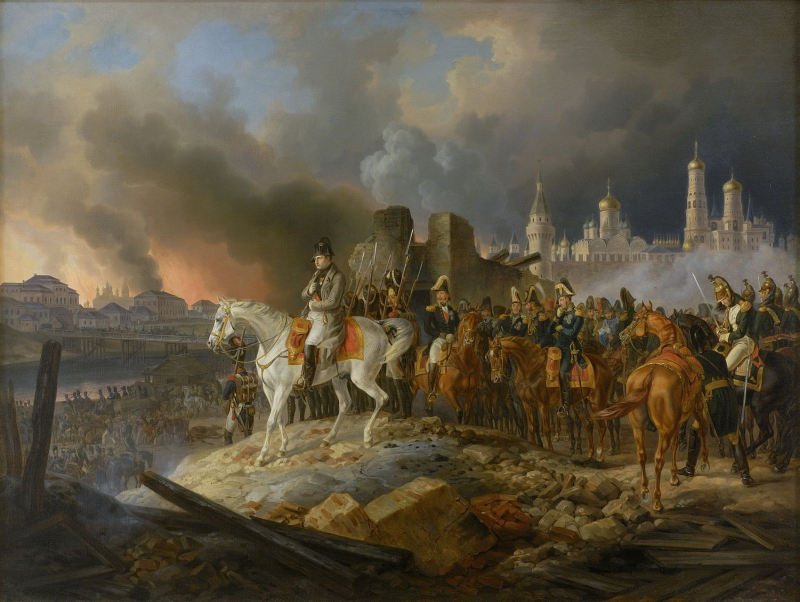
https://www.pinterest.es/ 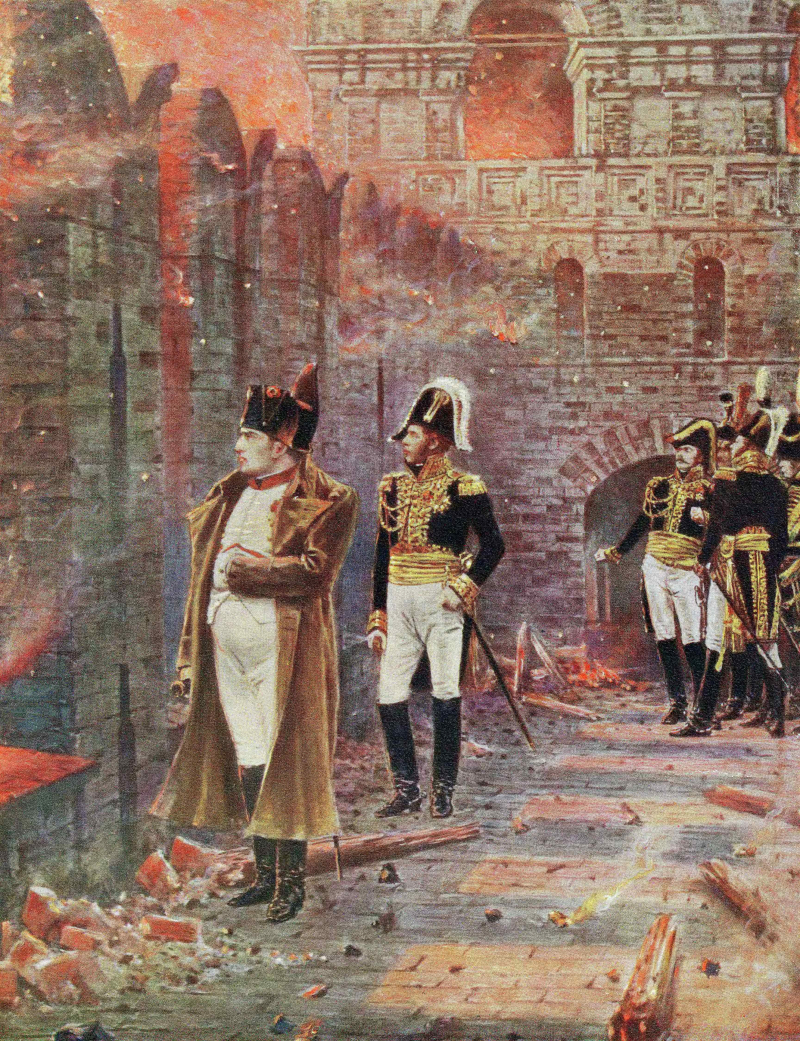
https://www.history.com/ -
A colonial empire is a collection of nations that were colonized by people from one state and were under its control. These nations may be overseas or adjacent to the imperial core. Compared to other significant European powers at the time, the history of the French Empire stands out sharply. The French experiment with colonies didn't turn out to be as successful, since they had lost most of their colonial lands to Britain by the end of the 18th century, although others like Britain, Spain, and Portugal already had flourishing foreign colonial empires.
However, it didn't matter because the social and political currents in France at the time would still have a significant influence on European politics in the following century. While Britain's colonial policy centered on domestic expansion, France was built in European battlefield superiority, and it was incredibly effective under Napoleon. France, who may have had the greatest army ever amassed in Europe at the time, ruled nearly all of Western Europe during his zenith.
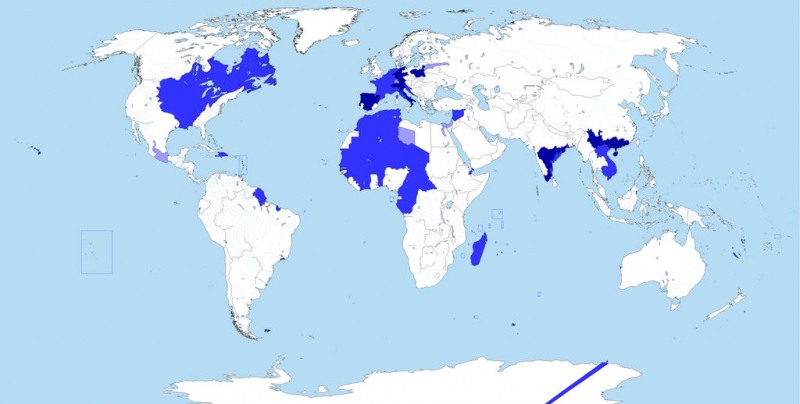
https://www.deviantart.com/ 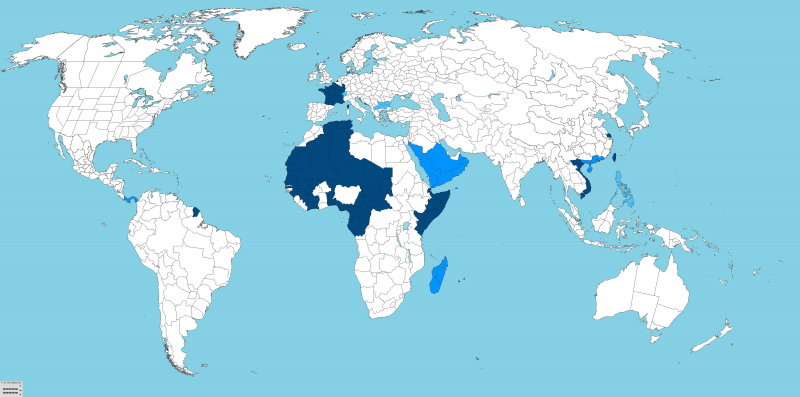
https://www.reddit.com/ -
Left-wing values include equality, freedom, rights, progress, and reform, whereas right-wing values include duty, hierarchy, authority, order, tradition, and nationalism. This is the basic distinction between left- and right-wing ideologies.
Political extremists on the right and left include each other. The origins of these two ideas can be found in the French Revolution, namely in the seating arrangement in the French Estates General in 1789. The majority of the members who were seated on the left favored the French Revolution and the establishment of a democratic republic, while those seated on the right were in favor of the established institutions.Given that there is nothing inherently political or ideological about directions, using the terms left and right to denote political leaning seems arbitrary. Even yet, people still position beliefs that are conservative and regressive on the right side of the political spectrum and those that call for change or progressive reform on the left.
The left and right wings derive from the French Empire, much like many other terms used in modern politics, such as the "Fourth Estate." They specifically allude to the sitting arrangement of the revolutionary National Assembly that was created in 1789. On the right were the royalists and followers of King Louis XVI, who would die by the guillotine in January 1793. Radicals of all stripes, from the Jacobins to the more moderate Girondins to the more conservative Dantonists, embraced the left.
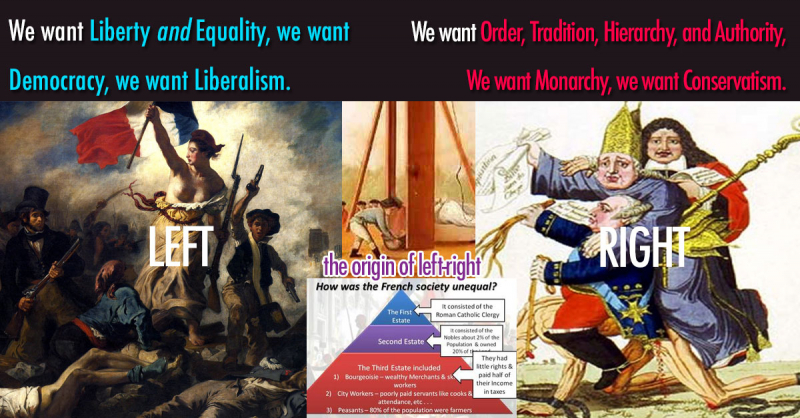
http://factmyth.com 
http://www.dictionary.com -
Following the Franco-Prussian War of 1971, France saw a period of progress in the arts, culture, living standards, and general quality of life known as the "golden age" or Belle Époque, which translates to "beautiful age." Additionally, there were few significant conflicts during this period, which allowed for more freedom of thought across all disciplines. In addition to numerous other accomplishments, France tripled its GDP between 1871 and 1914, achieved significant advances in the emerging industries of aviation, electronics, railways, and the automobile, and increased urban wages by more than 50%.
However, some historians disagree with that optimistic interpretation of this time, contending that not everyone enjoyed a golden age during that period. The majority of French people, especially those living outside of the country's urban regions, witnessed little improvement in their daily lives during this period of relative excess, however some of the poorer segments of the population did gain. The general public's unhappiness also began shifting away from the fundamental principles of the French revolution at this time and toward regressive, racist viewpoints.
Including: Revanchism, Scramble for Africa, Dreyfus affair, Start of World War I
Leader(s): Patrice de MacMahon, Jules Grevy, Jules Ferry, Sadi Carnot, Georges Boulanger, Raymond Poincaré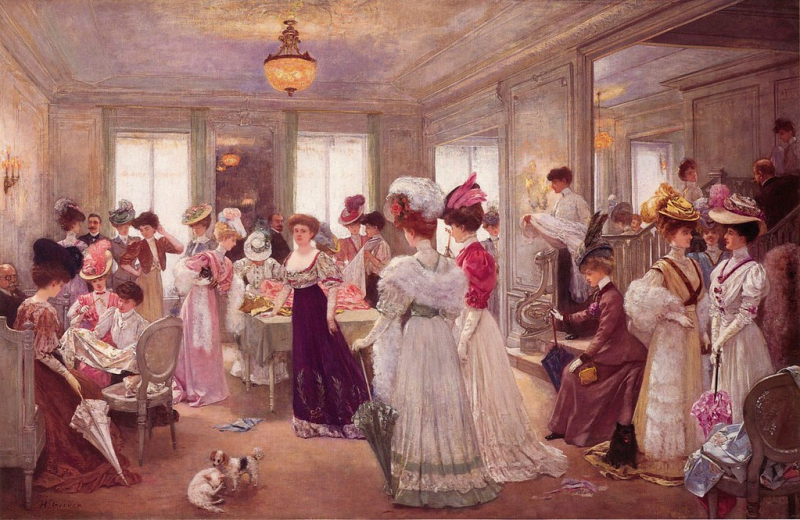
http://fiveminutehistory.com 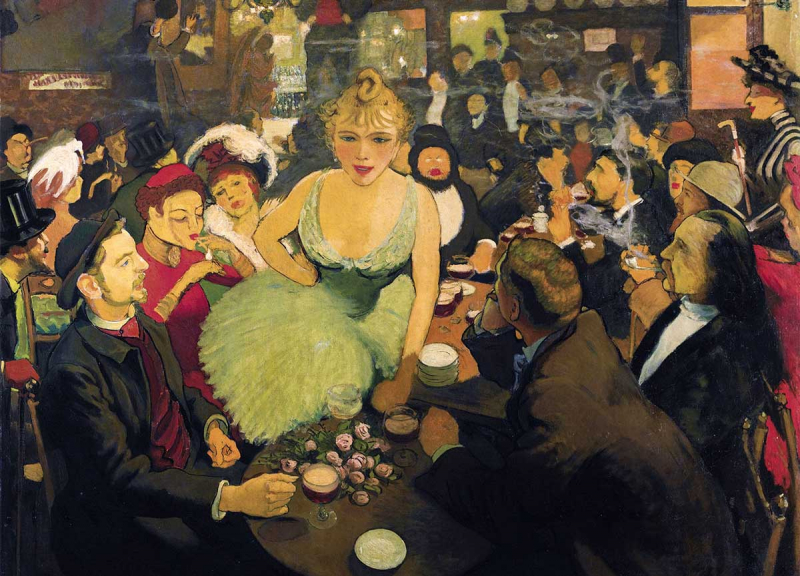
https://juanmalcala.es/ -
While the French Empire's early forays into colonial expansion may not have been as successful as those of, say, Britain or Spain, it nevertheless emerged in the early 20th century as a strong colonial power. Indochina, which includes modern-day Laos, Cambodia, Vietnam, and parts of China, was one of its most profitable colonial possessions. Additionally, it was located strategically, which would be important in the next World Wars.
But that wouldn't endure for long because at the same time, nationalism was becoming more prevalent throughout the nation, particularly in Vietnam. Following the conclusion of World War II, the majority of the resistance fighters united under Ho Chi Minh's direction and proclaimed the Democratic Republic of Vietnam, a people's republic in North Vietnam.
During the first Indochina War, which raged from 1946 to 1954, a native rebel force dealt a European colonial authority one of its most significant military setbacks. While the French presence in the area came to an end, they left behind a country split between royalist territory in the south and communist-backed regions in the north, which helped to set the stage for the future Vietnam War.Date: 1 November 1955 – 30 April 1975(19 years, 5 months, 4 weeks and 1 day)[A 2][10]
Location: South Vietnam, North Vietnam, Cambodia, Laos, South China Sea, Gulf of Thailand
Result: North Vietnamese and Viet Cong/PRG victory- Withdrawal of U.S. coalition's forces from Vietnam in 1973 after the Paris Peace Accords
- Communist forces take power in South Vietnam, Cambodia and Laos
- Start of the boat people and refugee crises
- Start of the Cambodian genocide and the Third Indochina War
Territorial changes: Reunification of North Vietnam and South Vietnam into the Socialist Republic of Vietnam in 1976
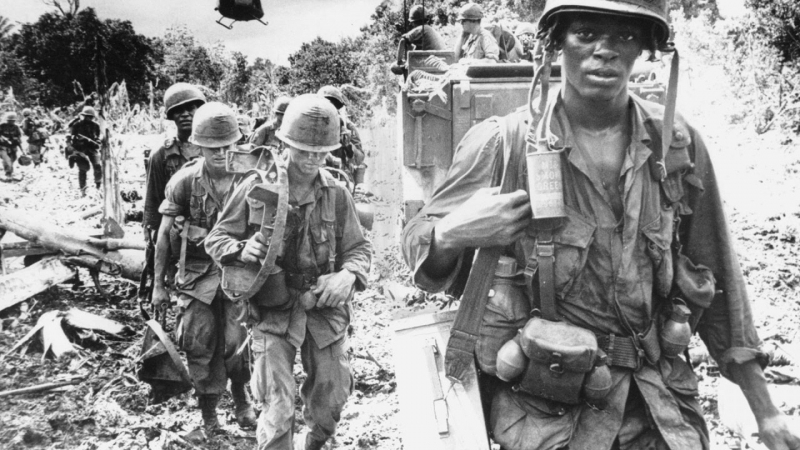
http://wall.alphacoders.com/ 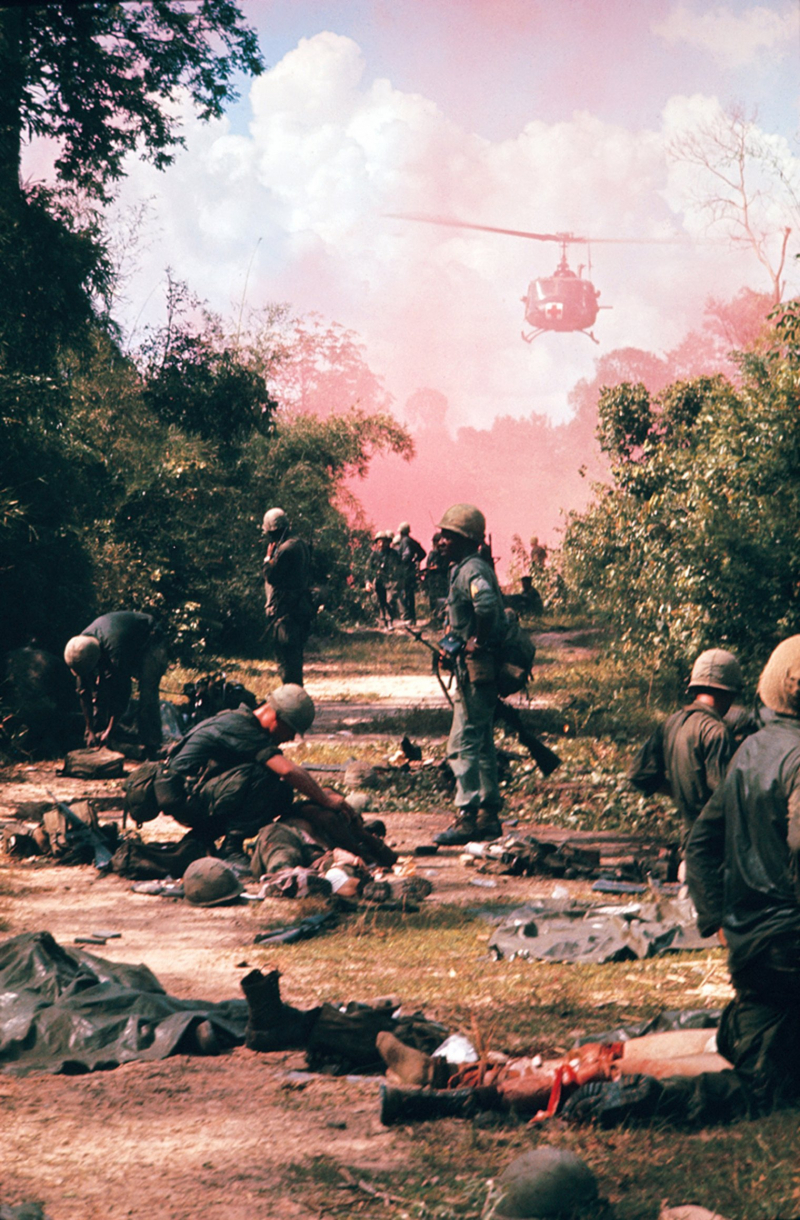
https://hiddenhistoryphotos.com/ - Withdrawal of U.S. coalition's forces from Vietnam in 1973 after the Paris Peace Accords
-
Almost all of the other major European nations at the time, the majority of them absolute monarchy, fought against revolutionary France in a series of battles known as the Revolutionary Wars. The conflict, which started in 1792 and lasted for more than 20 years, had France against some of the biggest, most battle-tested armies of the era, including those of Britain, Austria, Russia, Prussia, and occasionally even the Ottomans.
Beginning with the foundation of his consulate in 1799, the Napoleonic era of the battle is now known as the Napoleonic wars. France proved to be a particularly formidable military adversary, at least in the early going, despite the overwhelming combined power of the rest of Europe. Numerous explanations have been put out for their early triumphs, including Napoleon Bonaparte's military prowess, the establishment of the widespread conscription system that is still in use today in many nations, and the strong morale of the French army.
Although the war lasted until 1815, when Napoleon was finally overthrown and banished for good, the entire time would have a lasting impact on European affairs. For starters, its revolutionary nature helped disseminate the revolution's ideologies—universal suffrage, worker's rights, liberty for all, and all that wonderful stuff—across the nation.Date: 20 April 1792 — 20 November 1815(23 years and 7 months)
Location: Europe
Result: Coalition victory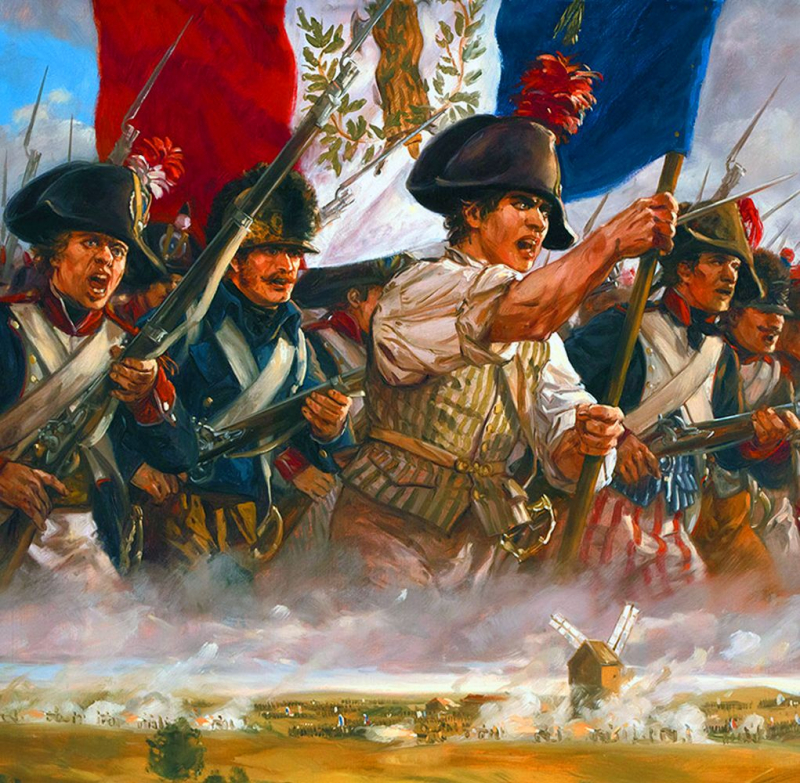
https://www.pinterest.ca/ 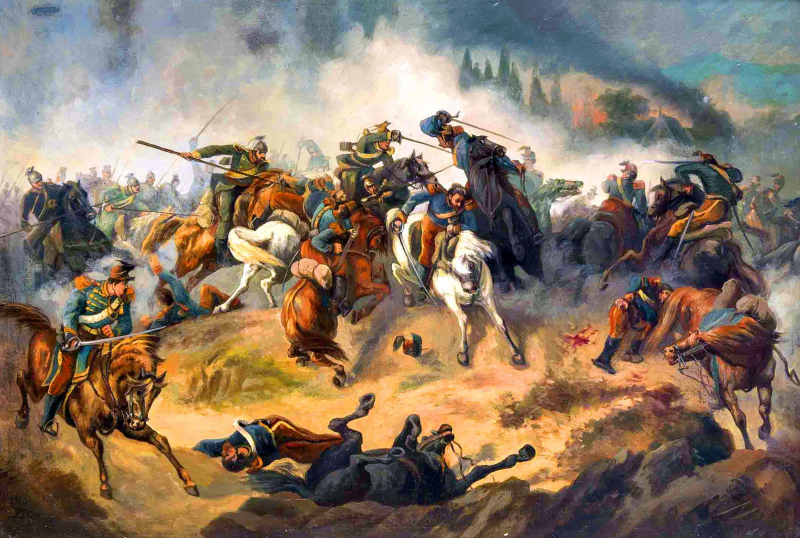
https://www.pinterest.com/












